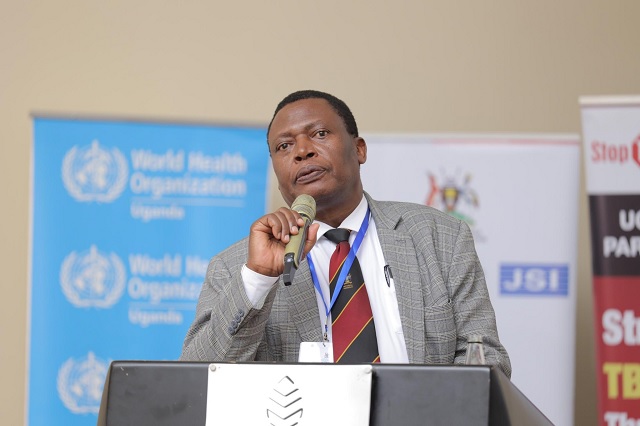
Kampala, Uganda | THE INDEPENDENT | Experts convened in a two-day Tuberculosis and Leprosy Summit in Kampala to address the challenges posed by these diseases and develop effective solutions. Dr. Charles Olaro, the Director of Clinical Services at the Ministry of Health, emphasized the urgency of combating tuberculosis (TB), noting that it currently claims more lives than malaria in Uganda.
He called for immediate interventions to reduce TB morbidity and mortality rates among Ugandans. Dr. Olaro highlighted the Ministry’s innovative Community Awareness Screening Testing and Prevention (CAST) initiative, which involves mobile vans conducting screenings in communities. This approach has led to a significant increase in TB notifications, with an uptick of over 30 percent.
Dr. Stavia Turyahabwe, the Assistant Commissioner for TB and Leprosy at the Ministry of Health, echoed the success of the CAST approach in identifying TB cases within communities. Over 94,000 Ugandans were diagnosed with TB in 2022 through this initiative, helping to bridge the gap in disease detection. However, she noted that the ministry has not yet measured the impact of the approach on reducing TB prevalence.
Dr. Stavia also highlighted regional disparities in TB prevalence, with the Northern belt of Uganda, including Lango, Acholi, and West Nile regions, experiencing the highest prevalence. Some cases are also reported in Bunyoro, while fewer cases originate from Kigezi and Ankole areas.

Efforts are underway to shorten the duration of TB treatment, with plans to reduce it from six to four months for children. Experts are developing protocols to further shorten treatment duration to two months, particularly for mild cases among children.
Regarding leprosy, Dr. Stavia noted an increase in cases due to the CAST approach, with over 500 Ugandans diagnosed with active leprosy and initiated on medication. Although Uganda has overcome leprosy as a public health problem, attention to the disease remains low compared to other high-burden diseases.
Uganda ranks among the 22 countries with the highest burden of TB, with an estimated incidence of 200 cases per 100,000. Collaborative efforts have led to significant progress in TB treatment, with over 500,000 Ugandans benefiting from effective treatment since 2015. Treatment success rates have improved from 72 percent in 2015 to 88 percent in 2022, highlighting the impact of ongoing interventions.
*****
URN
 The Independent Uganda: You get the Truth we Pay the Price
The Independent Uganda: You get the Truth we Pay the Price





